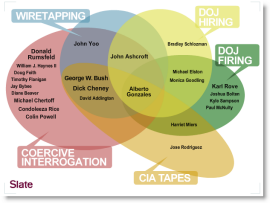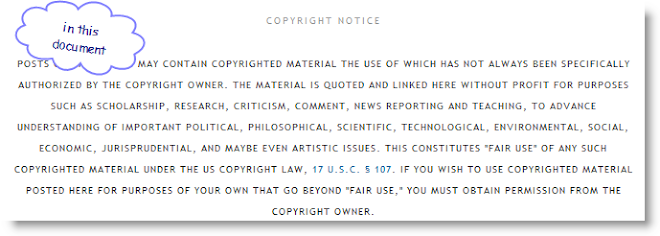. . .. ... oOo ... .. . .
. . .. ... oOo ... .. . .
John McCain
tpm
longer version huffpo
John Boehner
Coming after a fairly substantive policy debate, and having literally nothing to do with the point of the conversation, [Boehner's] diatribe evidently struck the president as a cheap shot and distraction.
And he responded by essentially putting Boehner on time out, telling him he'd get to his concerns after class.
WatchJohn, you know, the challenge I have here, and it happens periodically, is every so often we have a pretty good conversation trying to get on some specifics, and then we go back to, you know, the standard talking points that the Democrats and Republicans have had for the last year. And that doesn't drive us to an agreement on issues.
There are so many things you just said that people on this side would profoundly disagree with and I would have to say based on my own analysis just aren't true that I think the conversation would start bogging down pretty quick.
Now, we were trying to focus on the deficit issue and the fact of the matter is, as we indicated before, according to the Congressional Budget Office this would reduce the deficit. [Rep.] Paul [Ryan, (R-Wisc.)] has different ideas about it. Other folks might think there are better ways of doing it. But right now what we are focusing on is the issue of federal entitlements and whether we can make some changes.
I will come back to you, I think, at the end of this session to answer the range of questions you just asked.
. . .. ... oOo ... .. . .
An open letter to President Obama.





